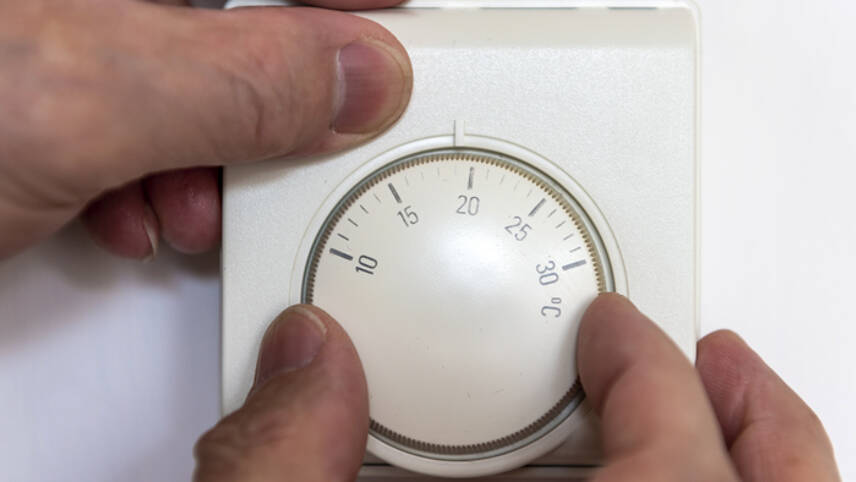Register for free and continue reading
Join our growing army of changemakers and get unlimited access to our premium content

These calculations come from the Energy and Climate Intelligence Unit (ECIU).
The think-tank has today (20 February) stated that the UK has spent £85bn on gas over the last 2.5 years. This is some £25bn more than it would have spent on gas in the 2.5-year period before the energy price crisis began.
According to the ECIU, the vast majority of this money was spent on imports and will not remain within the British economy. It has calculated that overseas gas producers have received some £50bn from UK customers over the past 2.5 years.
The UK Government, under Rishi Sunak and Liz Truss, has promoted to expanded North Sea oil and gas production in a bid to reduce imports.
Sunak is pressing ahead with new legislation that would mandate annual North Sea licensing rounds. Following its second reading late last month, the Offshore Petroleum Licensing Bill is back in the House of Commons for its remaining stages this week.
The ECIU is cautioning that this will fail to make a significant dent in gas prices now or in the event of a future price crisis. This is because prices are set internationally.
Moreover, oil and gas are internationally traded commodities and around 80% of UK production is exported. Global Witness has tracked an uptick in the proportion of UK-produced oil that is exported, from 68% to 81%, between 2004 and 2022. This is despite more than 1,600 new licences for exploration and extraction being granted in that timeframe.
“Despite 1,000 terawatt hours of gas coming out of the North Sea since this crises began, household bills still shot up,” the ECIU’s energy analyst Jess Ralston said.
Policy gaps
Previous ECIU research found that the average UK home spent £2,100 more on its energy and food bills in 2023 than it would have under a government that prioritized energy efficiency and home-grown renewables.
Insulating a home alone could have shaved £235 off of its energy bill, while home solar resulted in average savings of £600.
The ECIU is urging the Government to provide clarity on its future plans for home energy efficiency, low-carbon heating and renewables, following a series of policy U-turns.
In the same announcement, Sunak scrapped a forthcoming increase in energy efficiency requirements for rented homes.
Concerns are also mounting about whether the situation could likely improve after the General Election. The opposition Labour Party recently scaled back a pledge to invest £28bn of public funding in green industry each year to £15bn. The announcement came just a day after the Conservatives argued that Labour’s home insulation spending plans were not robust.
The reaction to Labour’s changes in the green economy has been mixed. Some argue that the £28bn figure was arbitrary and the main key policy frameworks and promises supporting it remain intact. Others argue that spending will need to increase to unlock private investment in the net-zero transition.


Please login or Register to leave a comment.